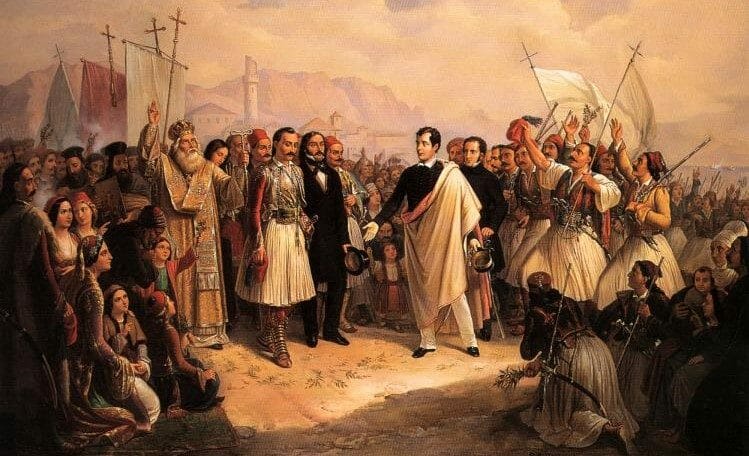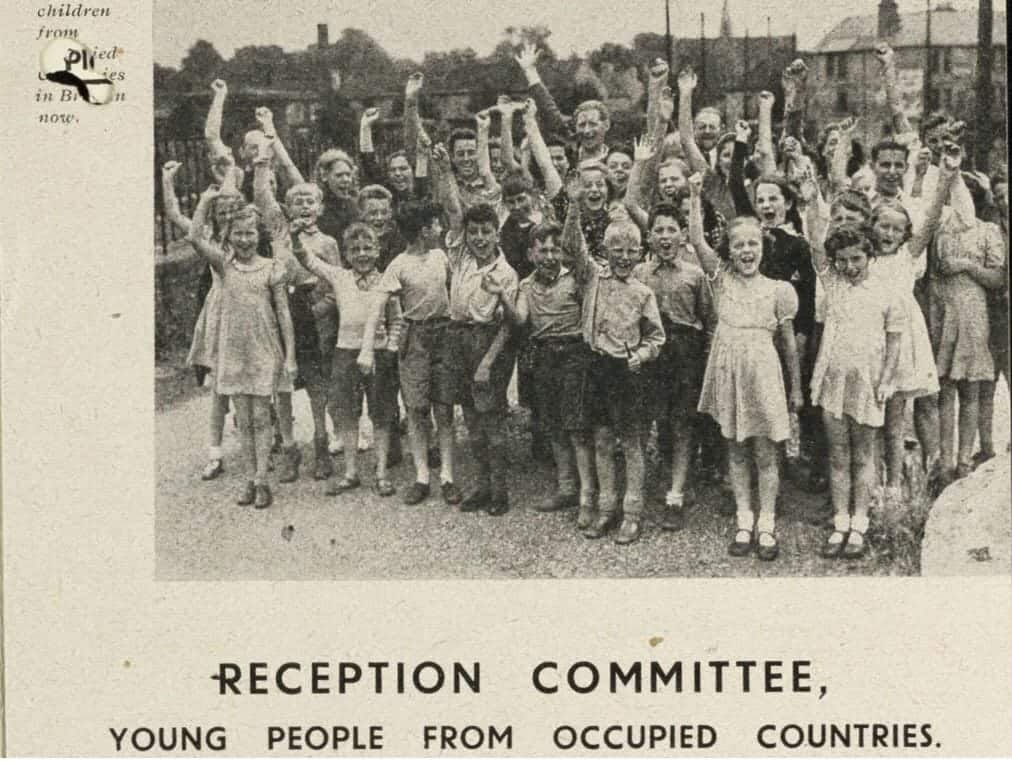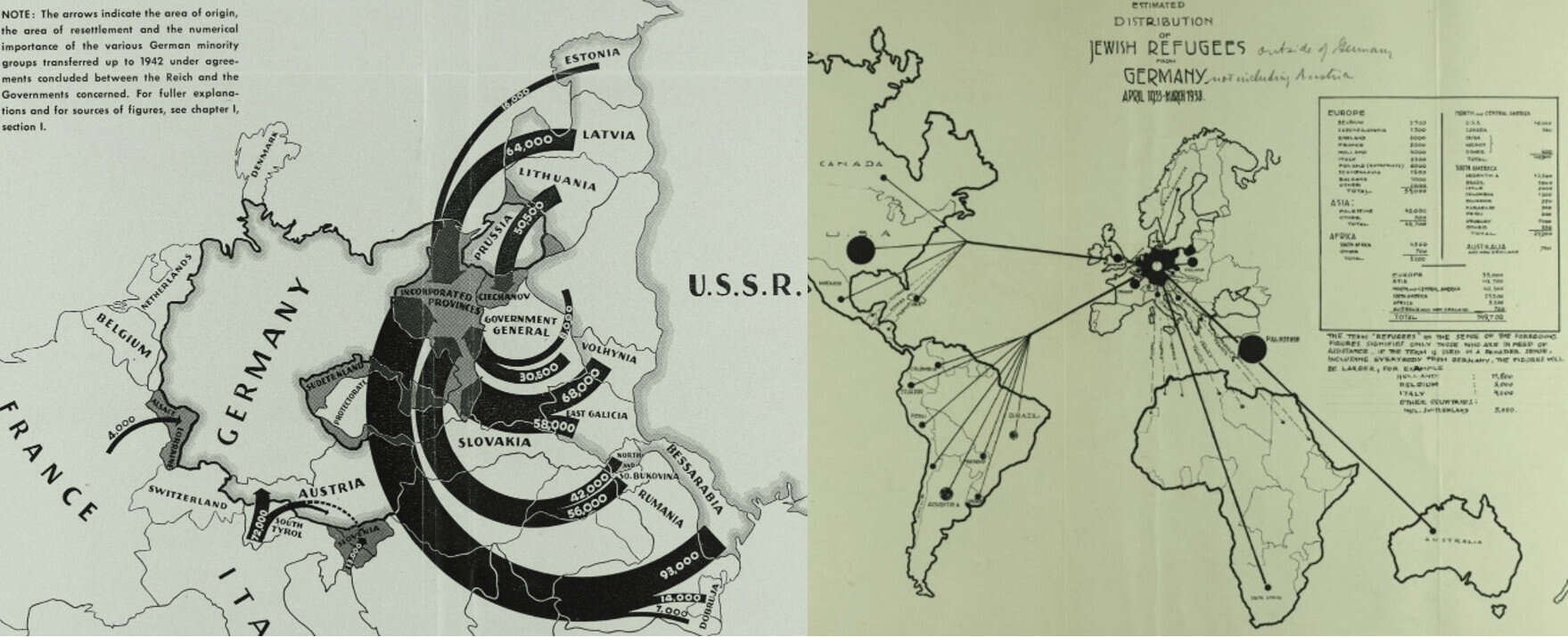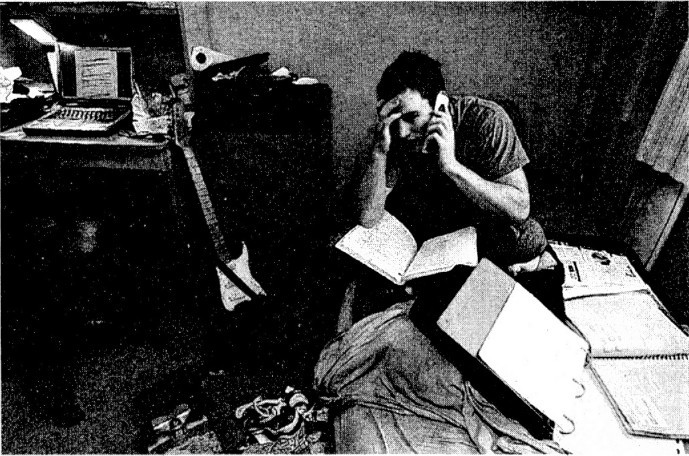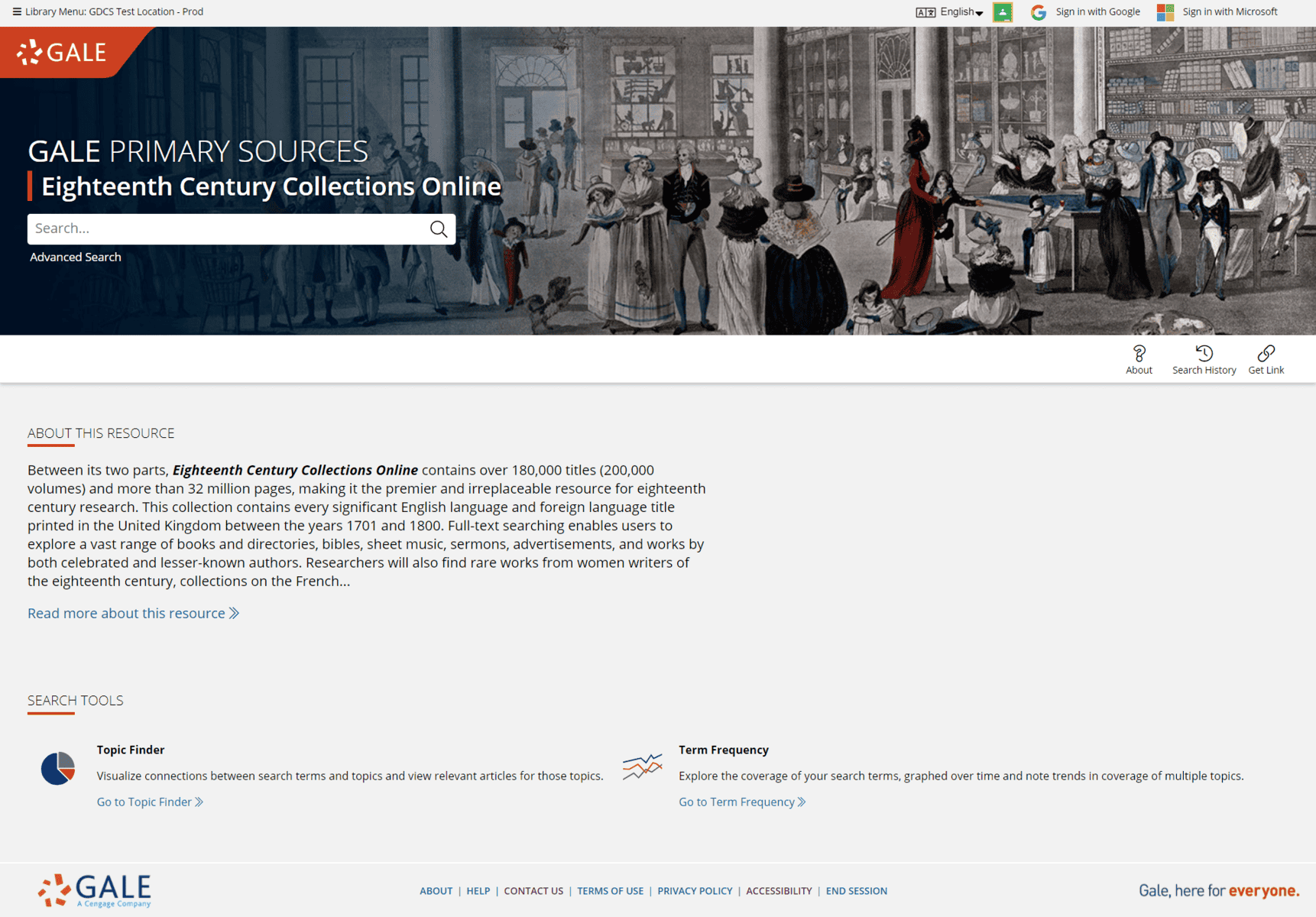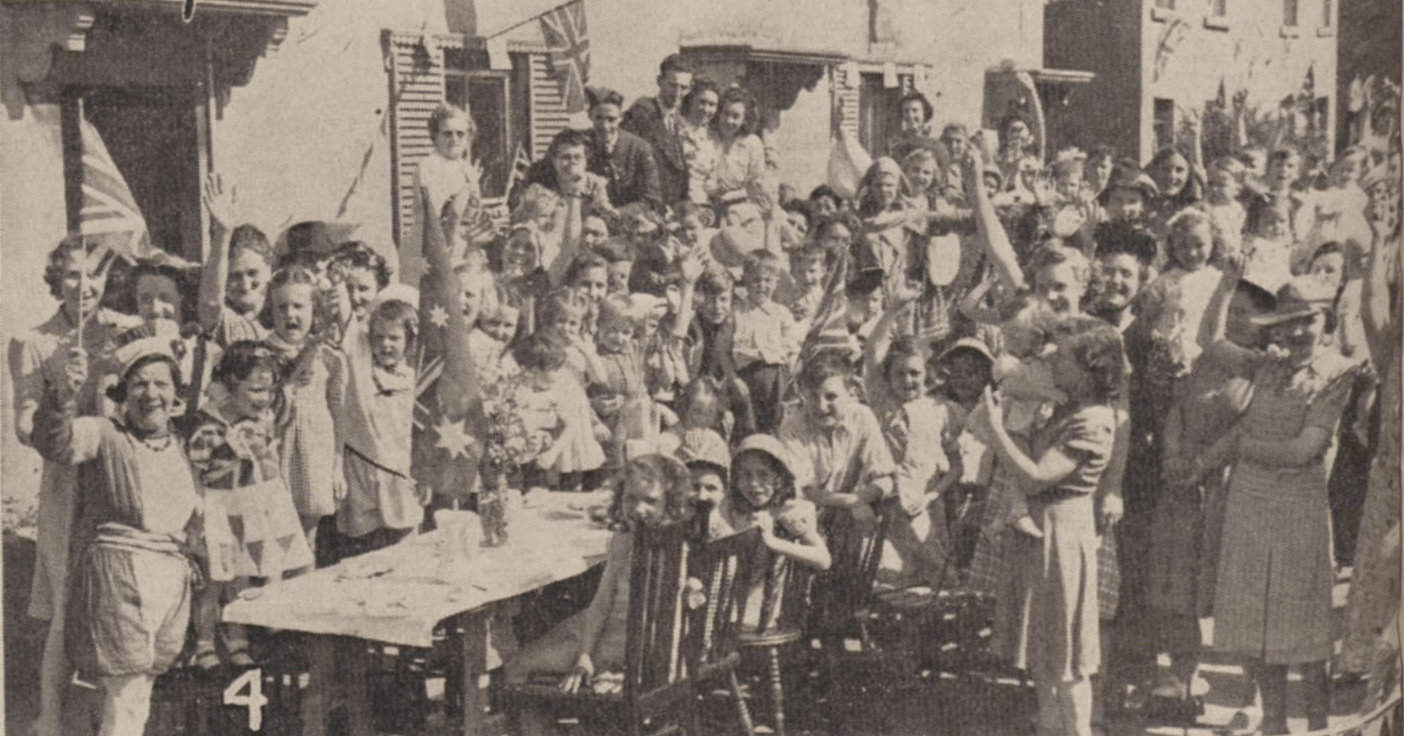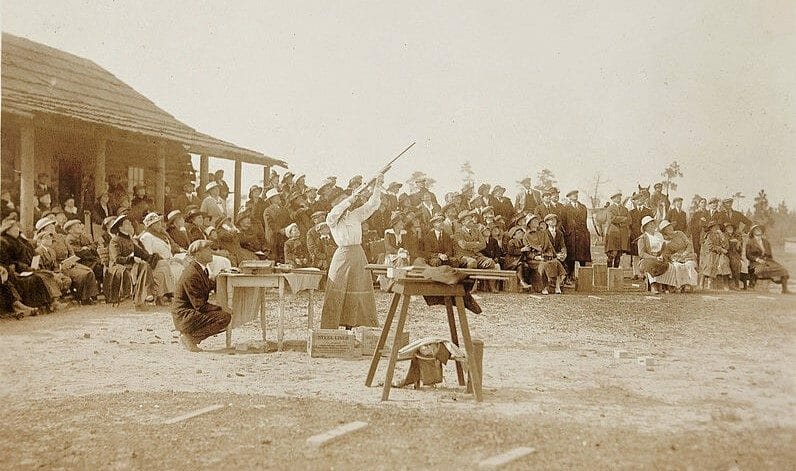│By Harry Walker, Gale Ambassador at the University of Birmingham│
“I stood among them, but not of them.” This famous quote is from Lord Byron’s poetry and one which formed the basis of the discussion in my final essay at university. The line is taken from his early work, Childe Harold’s Pilgrimage, and has come to epitomise the “Byronic hero’s” attitude towards sociability for posterity, portraying him as a misanthropic, isolated figure. My essay argued that the idea of the “Byronic hero” as a misanthrope was more complex than this quote in isolation would suggest. My essay was naturally, being a literature essay, focused on the manifestation of this idea in his poetry. However, it was useful to support my argument with contextual details about his own social life, seeing as the “Byronic hero” is semi-autobiographical. This is where I found Nineteenth Century Collections Online and Gale Literature: Dictionary of Literary Biography to be instrumental. This blog post shows how I used these great resources to support my argument.

